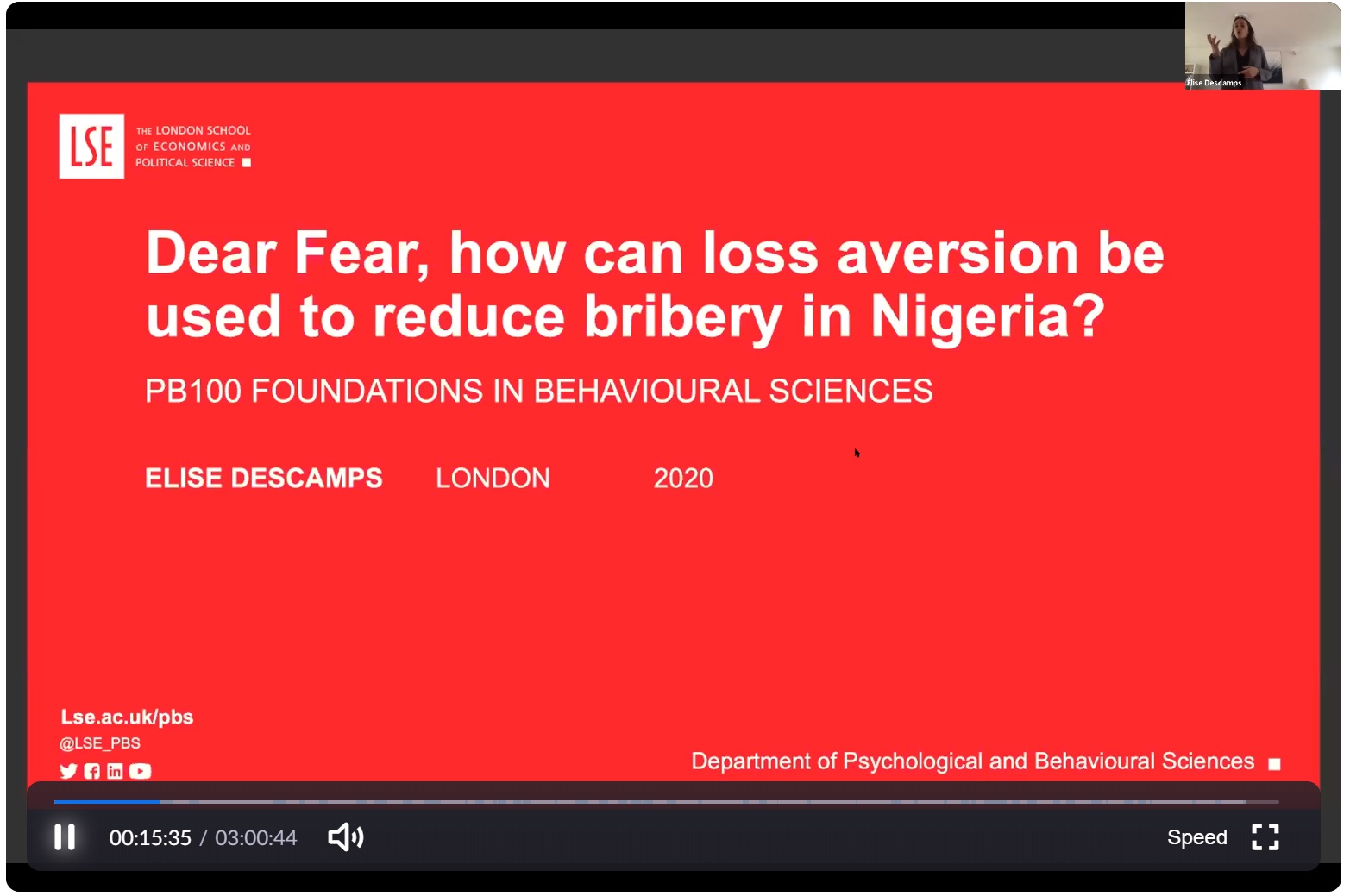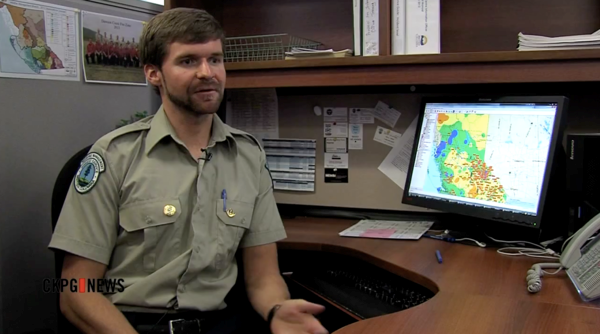The stark differences between the policy approaches for climate change versus COVID-19 across the world reveal how crises – even deadly diseases – are hardly about public health.
In this post, former student Peter Masone tries to understand the reasons why the world can adapt so quickly to help contain COVID-19 but not to ease climate change, looking at aspects of human behaviour to help explain why people and governments act, or not. This post is based on work completed for PB100 – Foundations of Behavioural Science, read more here.
We have responded to COVID-19, but neglected the environment
Some scientists and members of the public are optimistic that the need to stay inside, reduce travel, and “flatten the curve” of infections for COVID-19 will increase advocacy for climate change. Others fear the post-virus “normal” will accelerate climate change, as people and businesses try to regain the economic and social losses from the measures imposed.
Like many recent disasters, the COVID-19 crisis provides an opportunity for fear to be capitalised on and to drive political polarisation in an already divided society. We’ve quickly responded to the threats and have implemented extraordinary measures previously unprecedented in this modern, globally interconnected world. In fact, this article was supposed to be a presentation I gave at London School of Economics and Political Science but that too was cancelled….(thanks COVID-19 and thanks Zoom).
Most Americans have accepted the national shutdown in hopes of reducing the spread of COVID-19 and have rallied together to mitigate the effects of the crisis. But, throw climate change at us, and we’re hopelessly frustrated and dangerously indifferent.
Many parallels can be drawn between COVID-19 and climate change (and it’s not that some people think it’s a conspiracy). Each crisis requires the disruption of daily life as well as a complete upheaval of societal values and habits. Both crises necessitate immediate action and will have long-term consequences. These disasters need political intervention for systemic changes, but only one has received the proper response.
We know the “how-to” and what needs to be done for our earth’s climate, but there’s still no progressive action or adequate systemic changes.
The stark differences between the policy approaches for climate change versus COVID-19 across the world reveal how crises – even deadly diseases – are hardly about public health. The differential responses to these equally grave disasters show how bias and politics cloud judgment and risk assessment in policy-making. Urgent measures are of course necessary during a pandemic, but climate change arguably presents an equal or even greater threat and that same urgency is missing.
Why is that? It’s because of the behavioral science method called the Present Bias.
Present bias occurs when individuals place a greater value on present payoffs rather than waiting to receive them in the future (https://www.aeaweb.org/articles?id=10.1257/aer.89.1.103). Humans are impatient and time-inconsistent and find it difficult to put future threats before current needs. Give us the rewards now and the costs later.
COVID-19 is an urgent risk with a nearby reward. It’s uncertainty and rapid-growth create fear and anxiety which motivates us to act quickly. However, climate change seems distant and ambiguous. There’s no real incentive to act because we know that the impacts will unfold over time. So, we aren’t willing to change our lives in the present in the same way as we are for COVID-19.
For example, the Senate’s $2 trillion COVID-19 Aid Package signed on March 26 provides no support for the renewable energy sector. The package instead increased investment to restore the fossil fuel industry while the clean-energy sector was left to fend for themselves. Clean-energy initiatives have long-term economic potential and are one of America’s fastest-growing industries for job creation (https://www.c2es.org/content/renewable-energy/). Proper investment in clean power can provide the economic relief and environmental protection needed. However, the present bias currently in Congress is focusing on provisional jobs that will be detrimental for society in the long-run. Such favoured support explains the underlying causes of our unsustainable economy and environment. People understandably need resources to survive, but another cataclysm will happen down the road if governments do not mitigate the present bias in their current policies.
COVID-19 exemplified how ill-equipped the government was able to handle mass unemployment and overwhelmed healthcare systems. Very few countries have safety nets in place that will effectively safeguard the most vulnerable in their populations. Perhaps, one global crisis can inform how we proceed into the next. The pandemic has forced us to dramatically alter our behavior to protect ourselves and others. It’s shown us that we truly can change our habits; an irony considering climate scientists have been urging us to do so for years for the sake of the climate. The U.S. government has the opportunity to use this rare situation to stimulate Americans towards positive change. There will inevitably be more stimulus packages, and they need to be designed to restore and simultaneously spur evolution in the nature and design of the American economy.
Critics will say this is wishful thinking, but one of the best models to help American citizens think long-term during a crisis was established almost 100 years ago. The 1930’s New Deal created after the Great Depression, jump-started the U.S. economy by enacting programmes to address fundamental issues America faced. Policies like Social Security, minimum wage, and unemployment insurance improved American’s well-being and are still providing support today. Restoring the economy without building in shock protectors and making it more resilient to future disruptions would be reckless.
Subsequent emergency aid packages to alleviate the economic recession caused by COVID-19 should fund significant investments in sustainable infrastructure to accelerate the green economy. This “new normal” will establish energy independence and rebuild our economic and social systems to promote long-term health, equity, and environmental protection. The template to guide citizens through a disaster was developed nine decades ago. However, the present bias and nearsightedness of the current administration are causing them to ignore the lessons of the past and put politics and greed over humanity.




